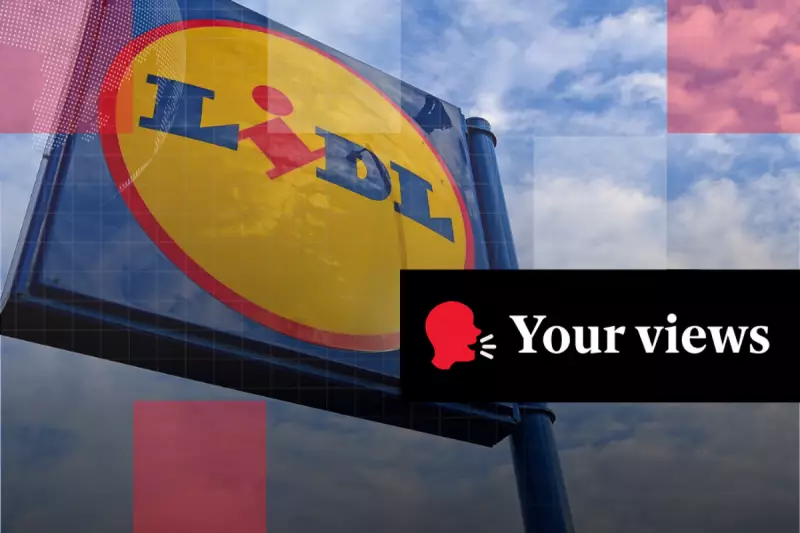
In the battle of Britain's budget supermarkets, Lidl and Aldi continue to dominate as shoppers seek ways to stretch their pounds further. With inflation squeezing household budgets, these German discount chains have become go-to destinations for cost-conscious consumers.
The Price War Champions
Both Lidl and Aldi have consistently undercut traditional UK supermarkets on price while maintaining quality. Their business model focuses on limited product ranges, private label goods, and efficient operations - savings they pass directly to customers.
Smart Shopping Strategies
To truly maximise your savings at these discount giants, consider these expert tips:
- Timing is everything: Visit in late afternoon for the best discounts on fresh items nearing their sell-by date.
- Embrace the middle aisle: These famous 'middle of Lidl/Aldi' sections offer incredible deals on non-food items, but shop with caution - not everything is a bargain.
- Go own-brand: Most products are already own-label, but don't shy away from trying them - many rival premium brands in quality.
- Check unit prices: Some larger pack sizes aren't always better value - do the maths before loading your trolley.
What Sets Them Apart?
While similar in many ways, subtle differences exist:
- Lidl tends to have slightly more branded products
- Aldi's Specialbuys change more frequently than Lidl's middle aisle
- Lidl often has better bakery sections
- Aldi's wine selection frequently wins awards
The Future of Budget Groceries
As living costs remain high, both chains are expanding rapidly across the UK, with plans for hundreds more stores. Their success has forced traditional supermarkets to launch price-matching schemes and budget ranges.
"The discounters have fundamentally changed UK grocery shopping," says retail analyst James Walker. "They've proven that quality doesn't have to suffer when prices drop."





